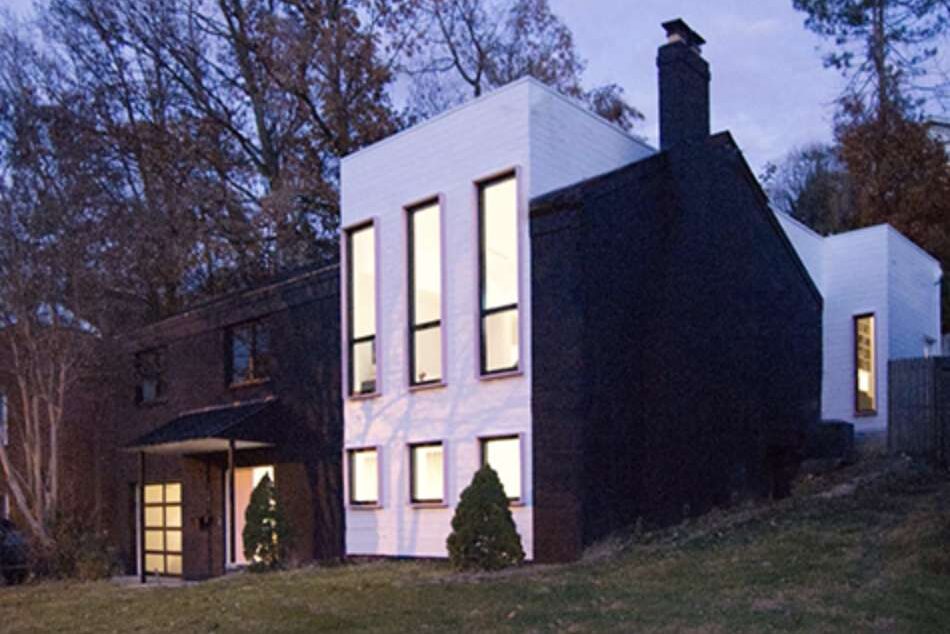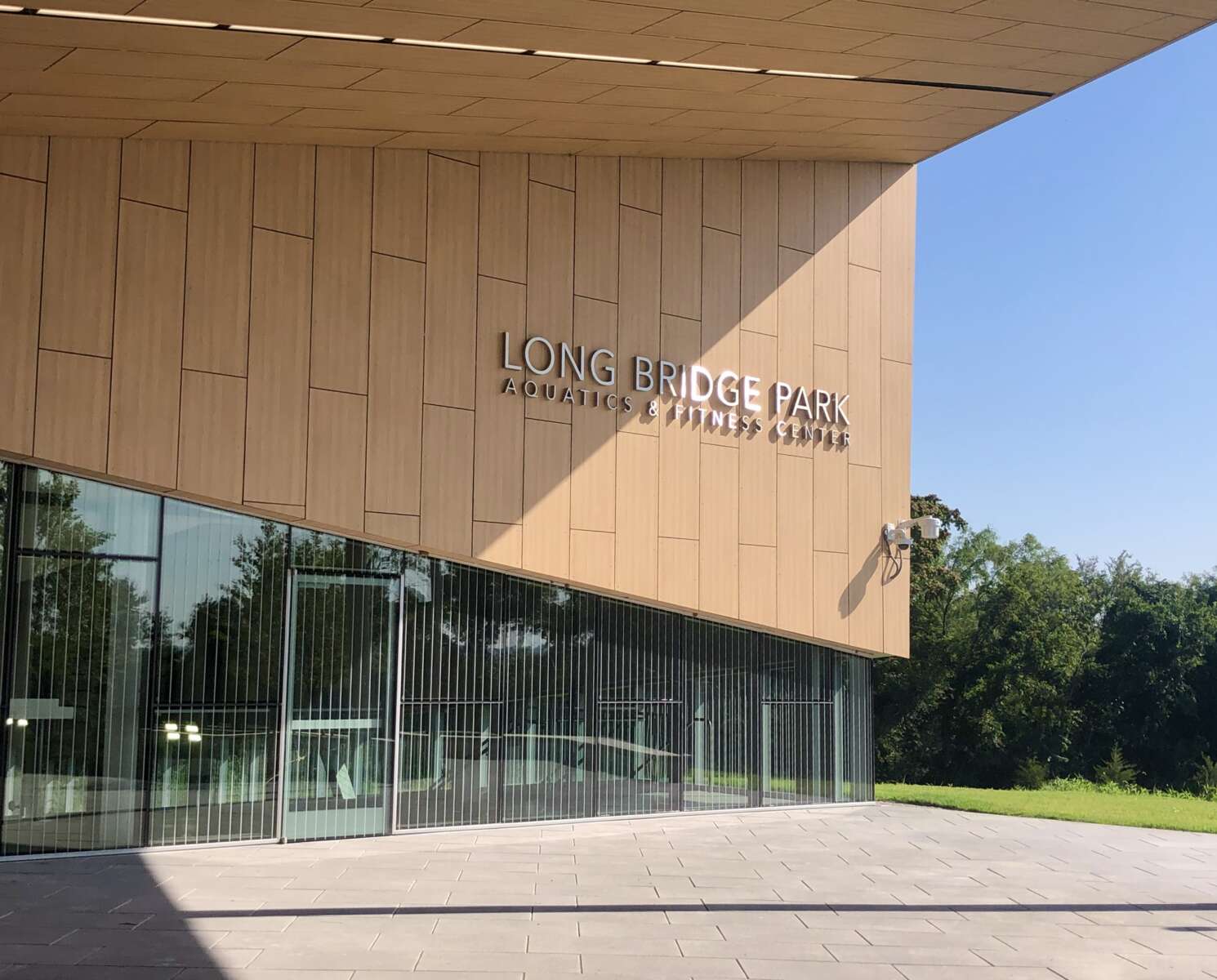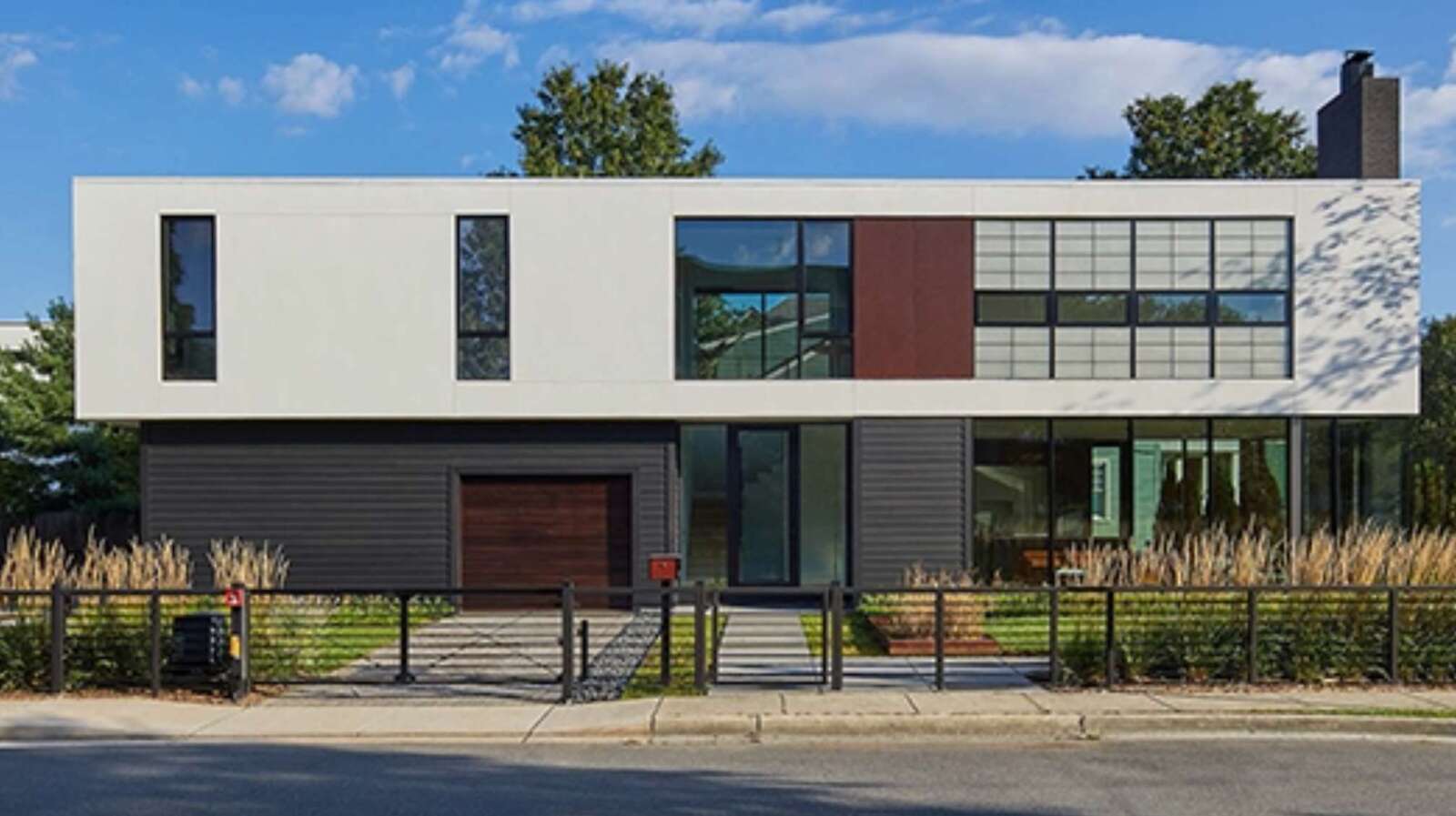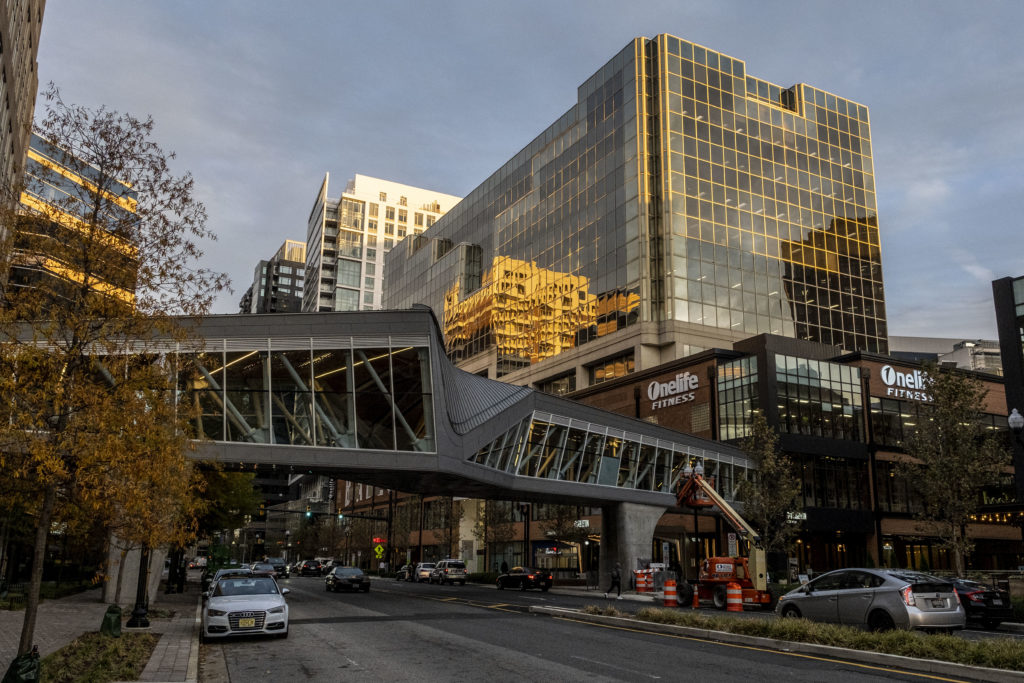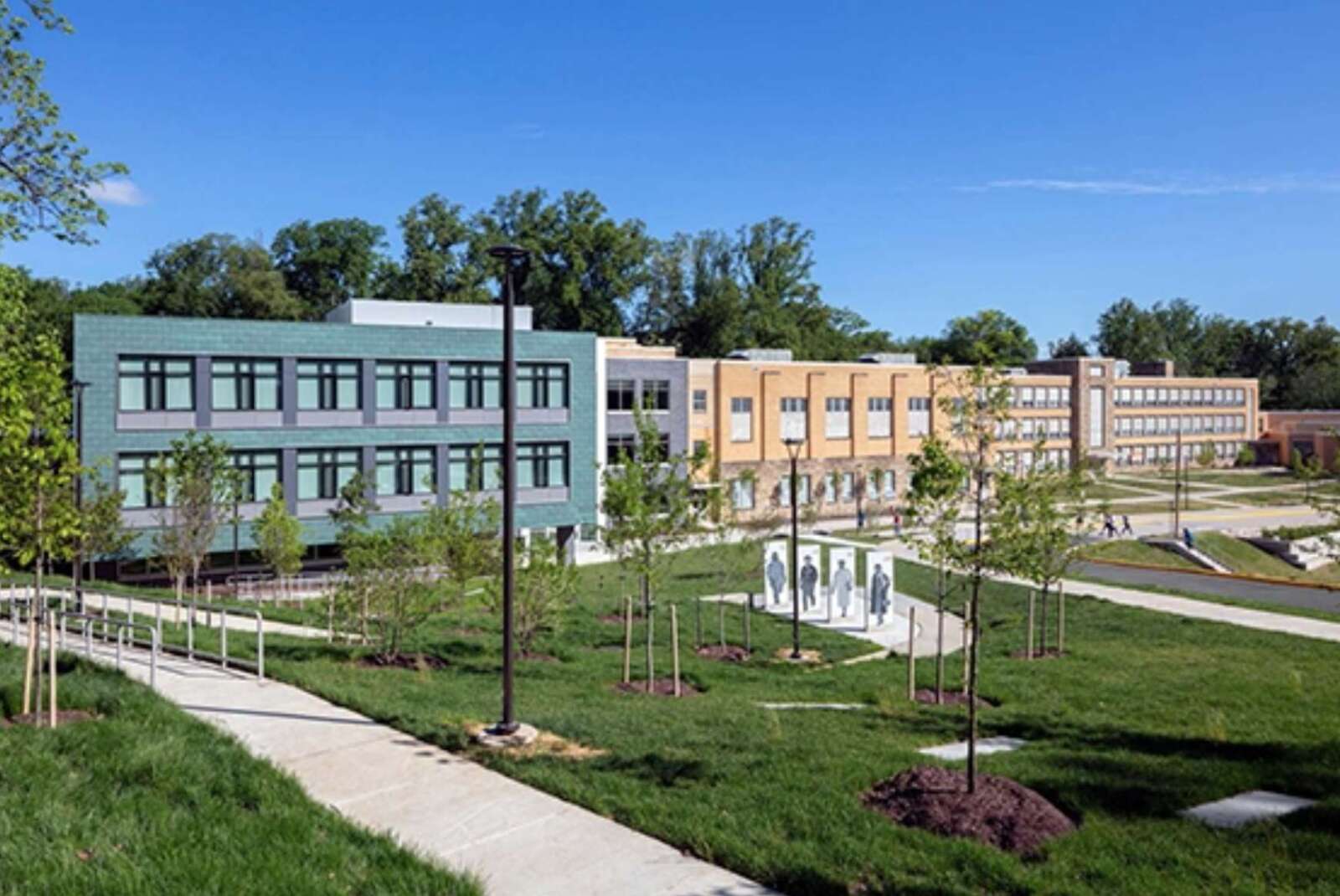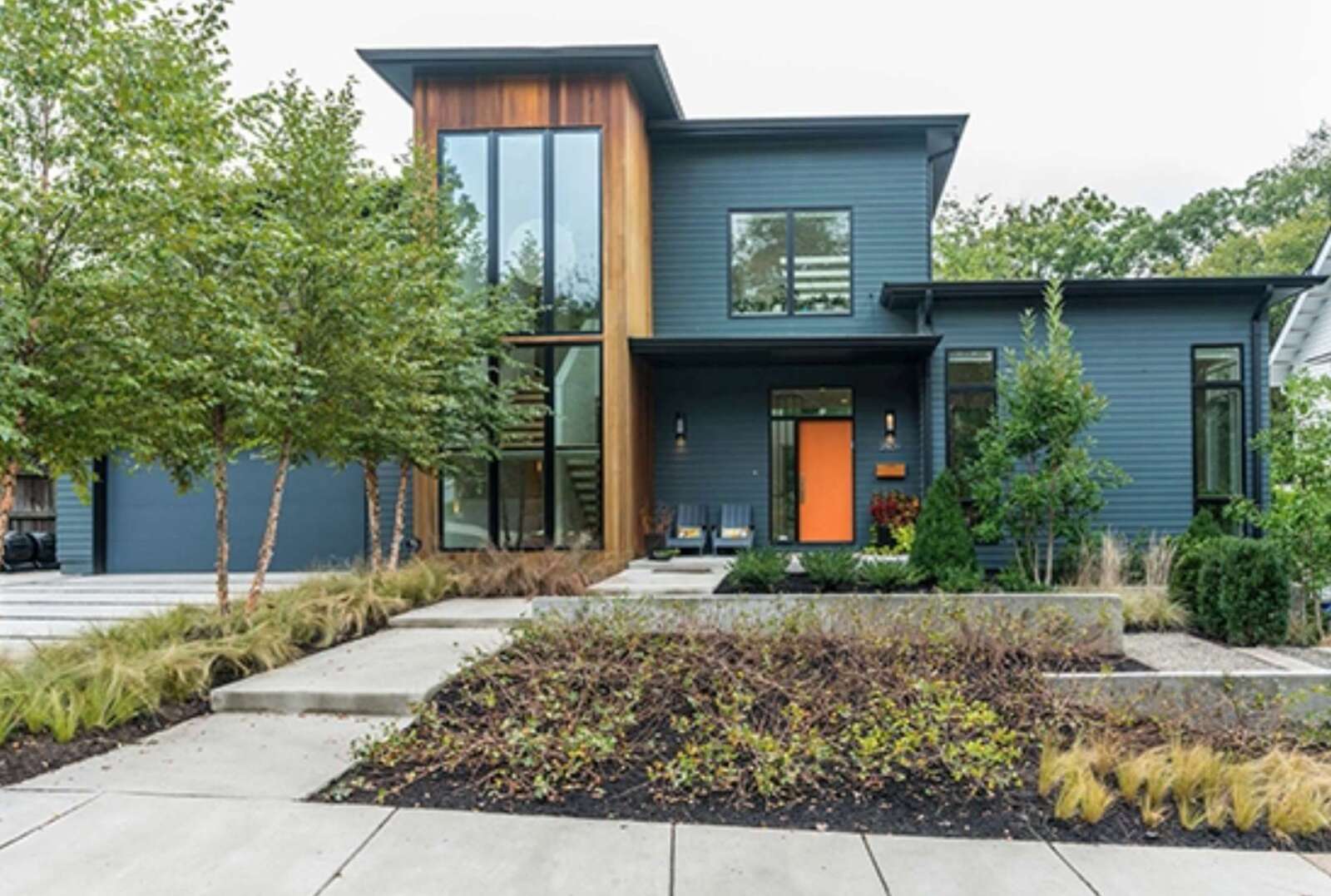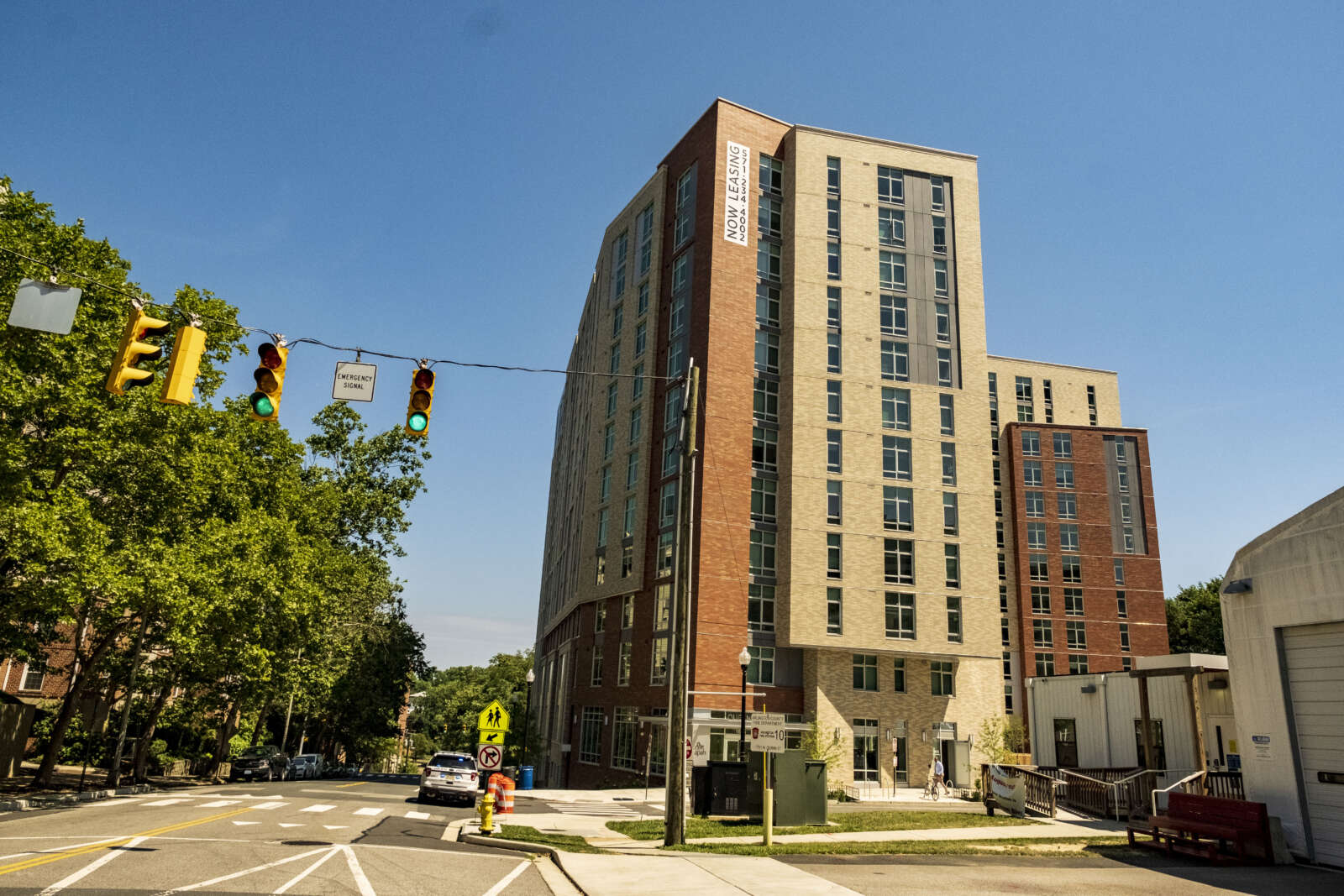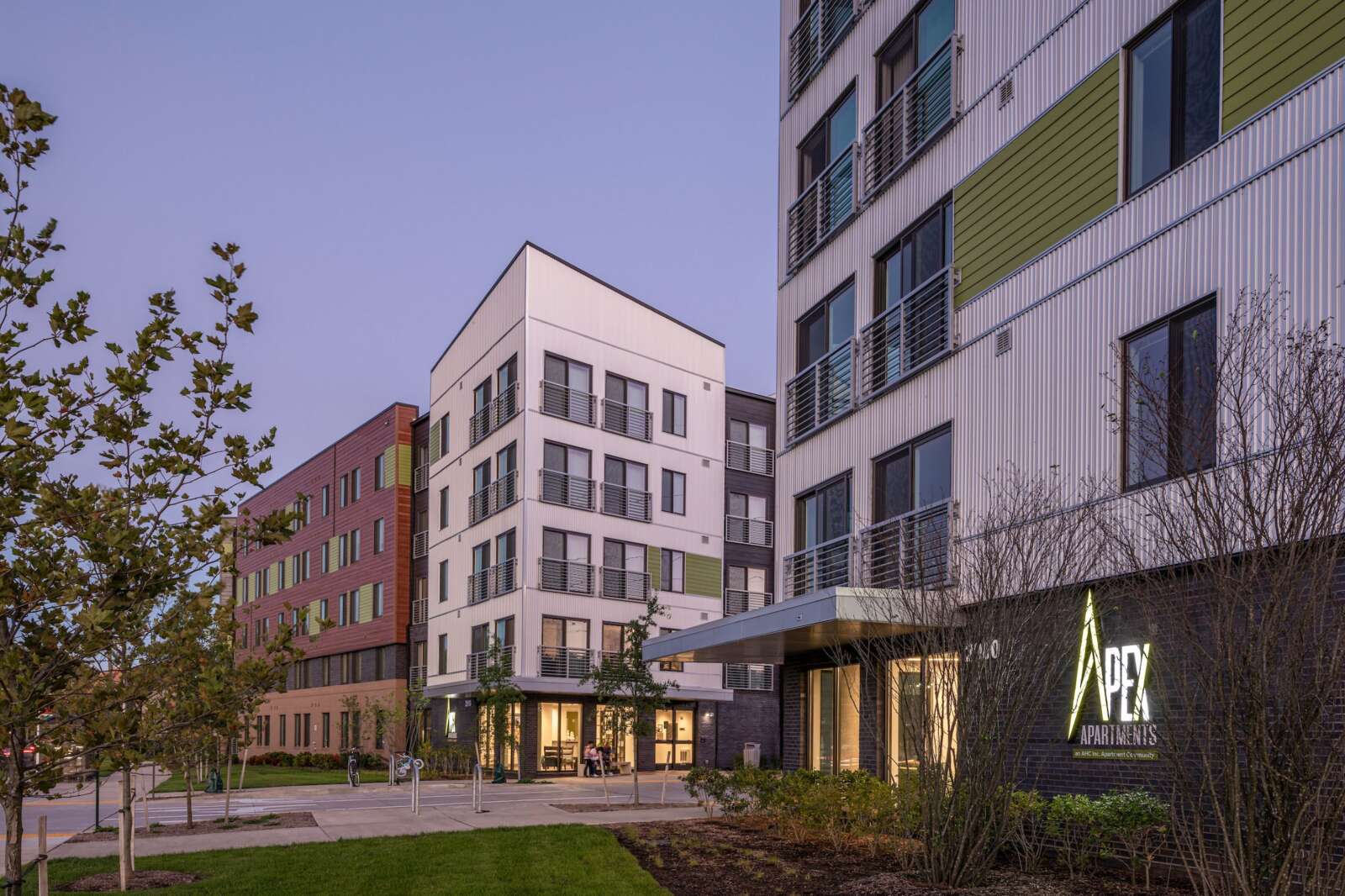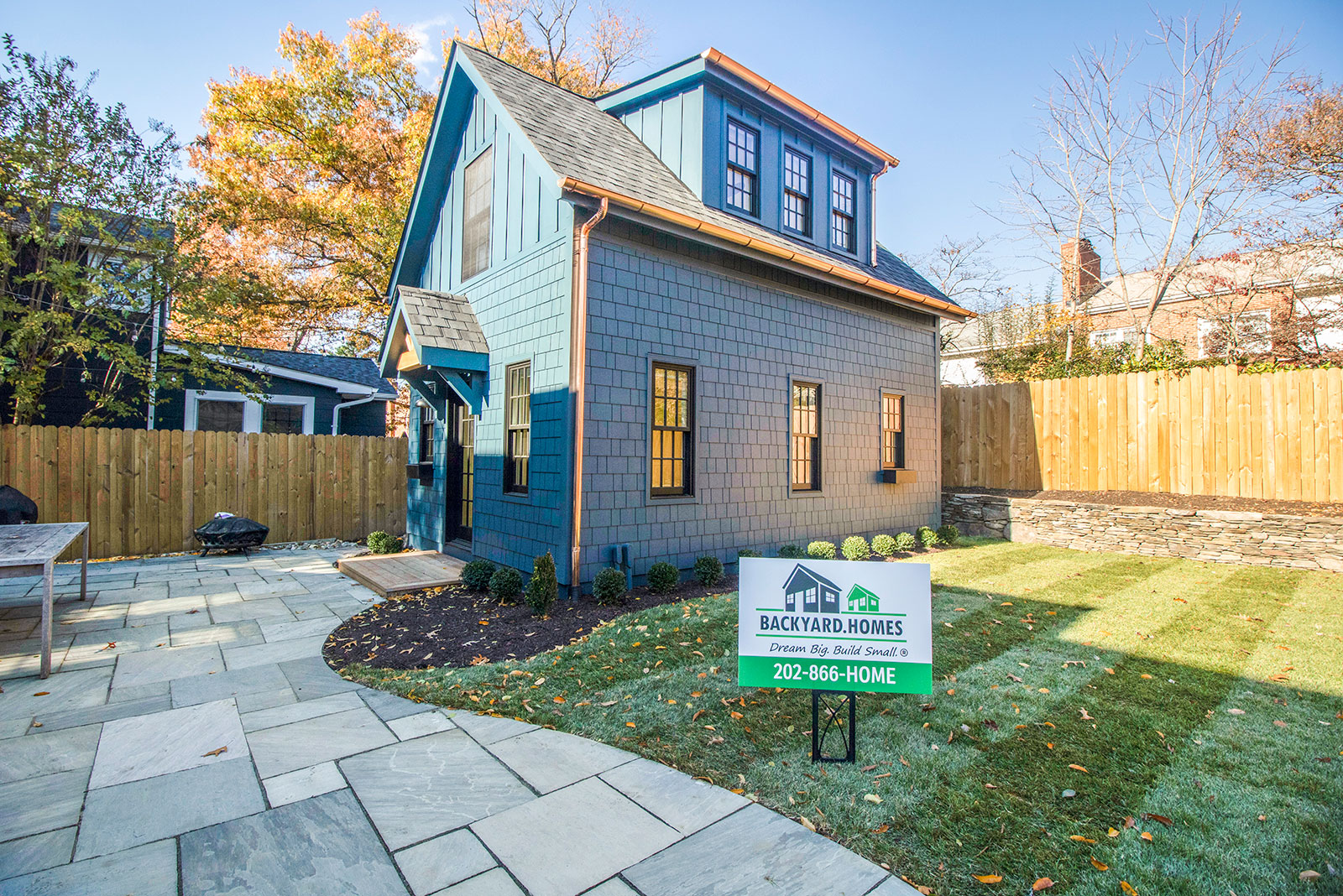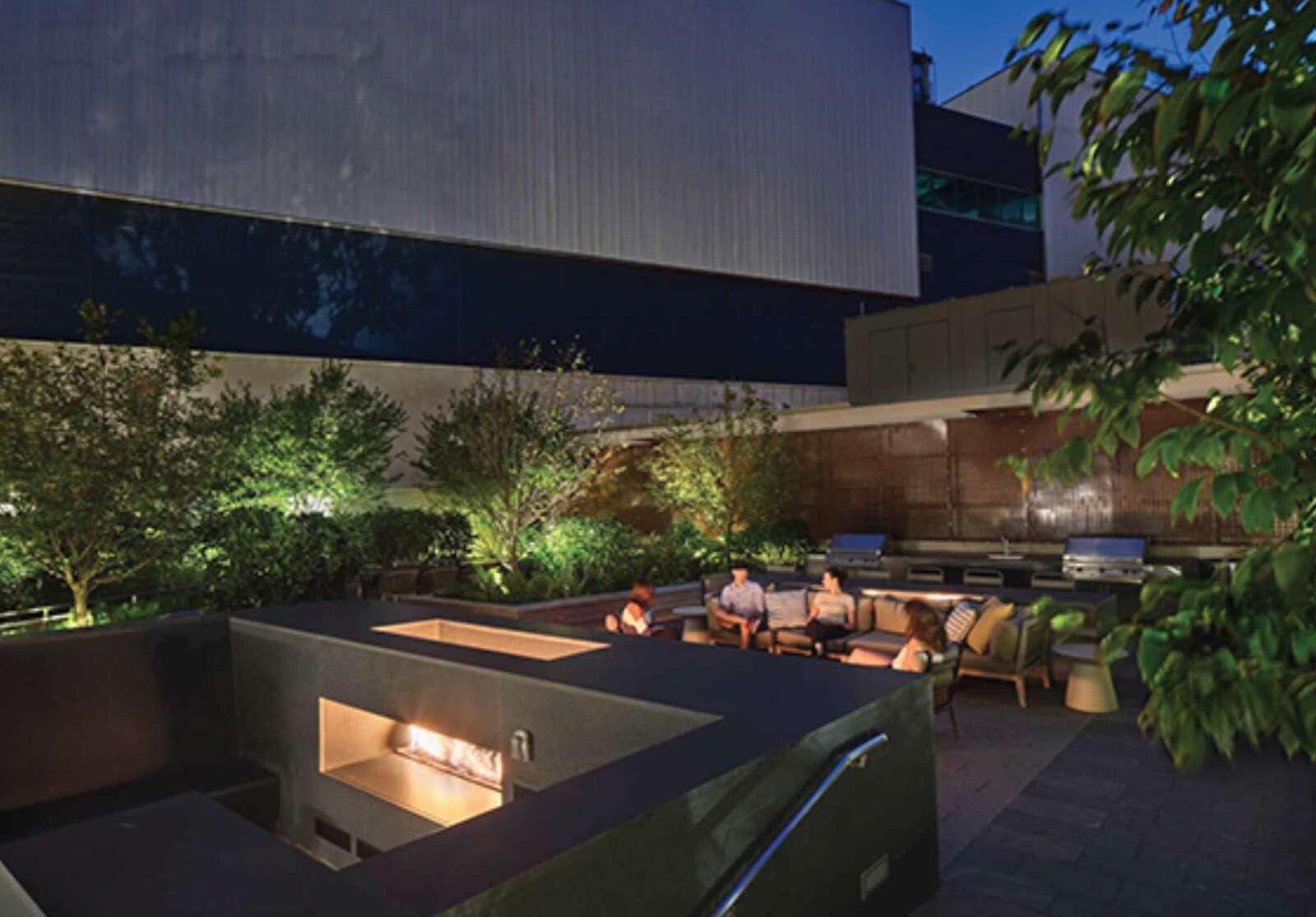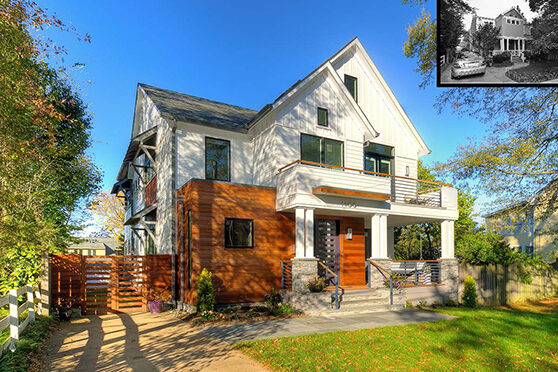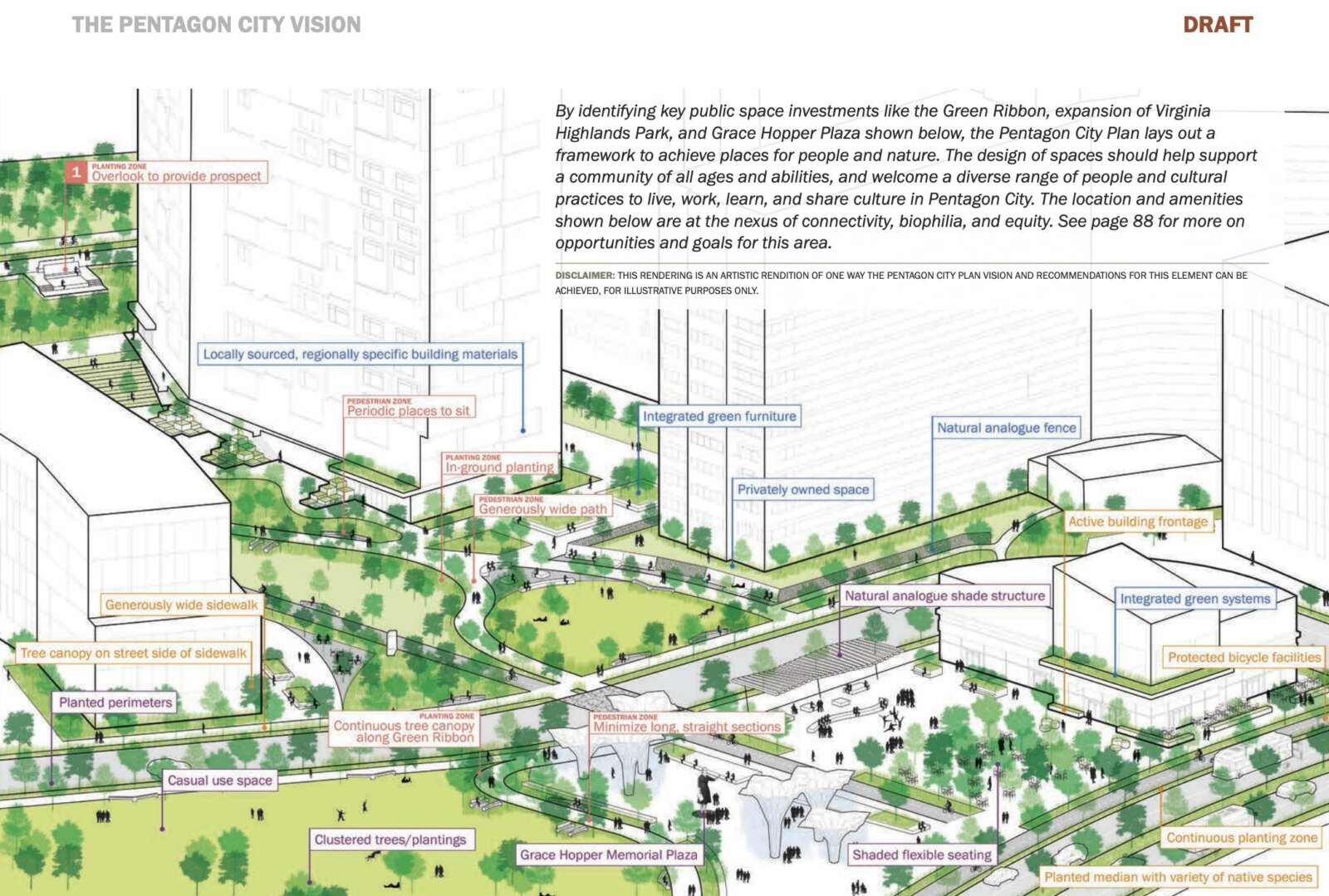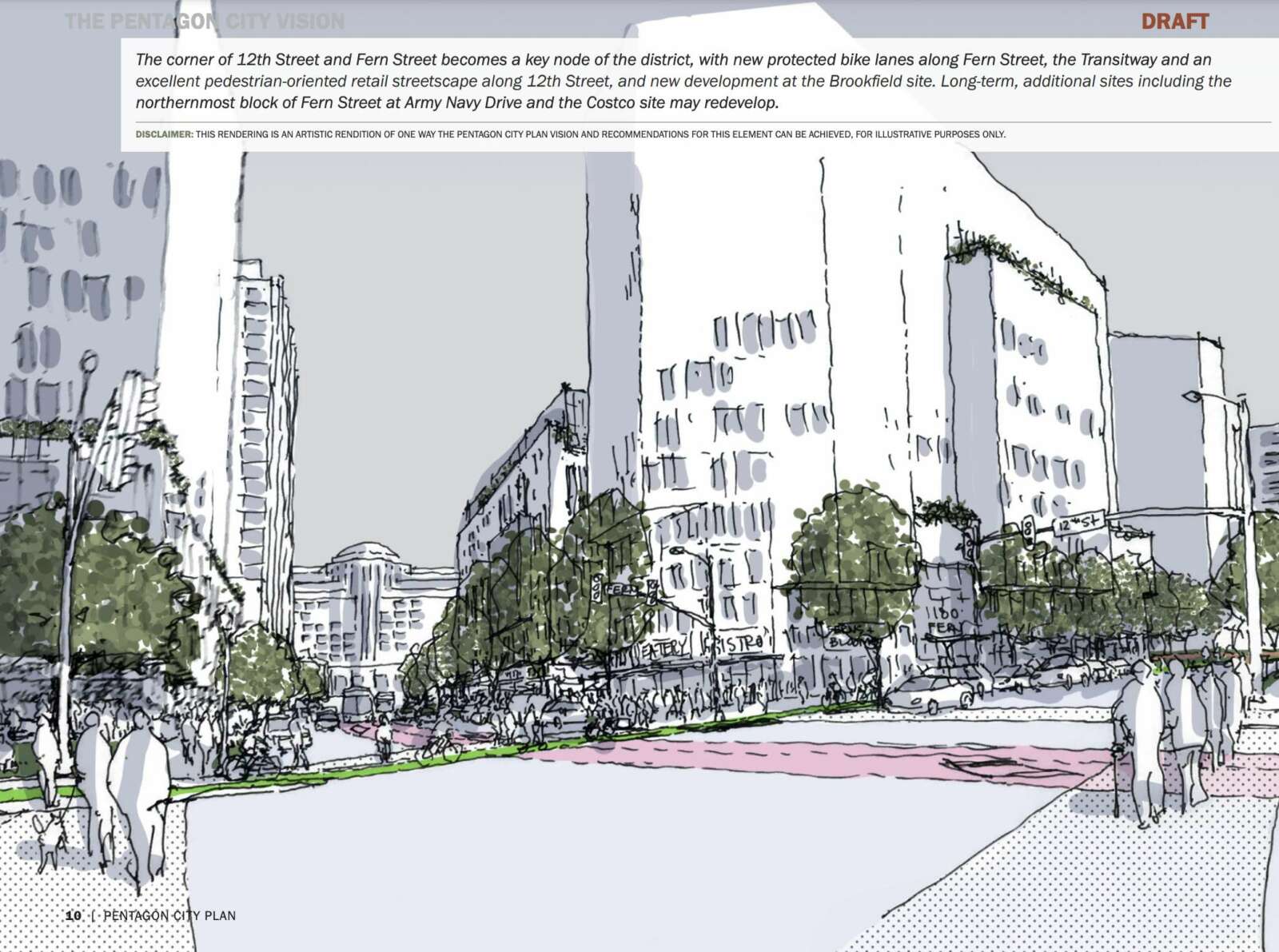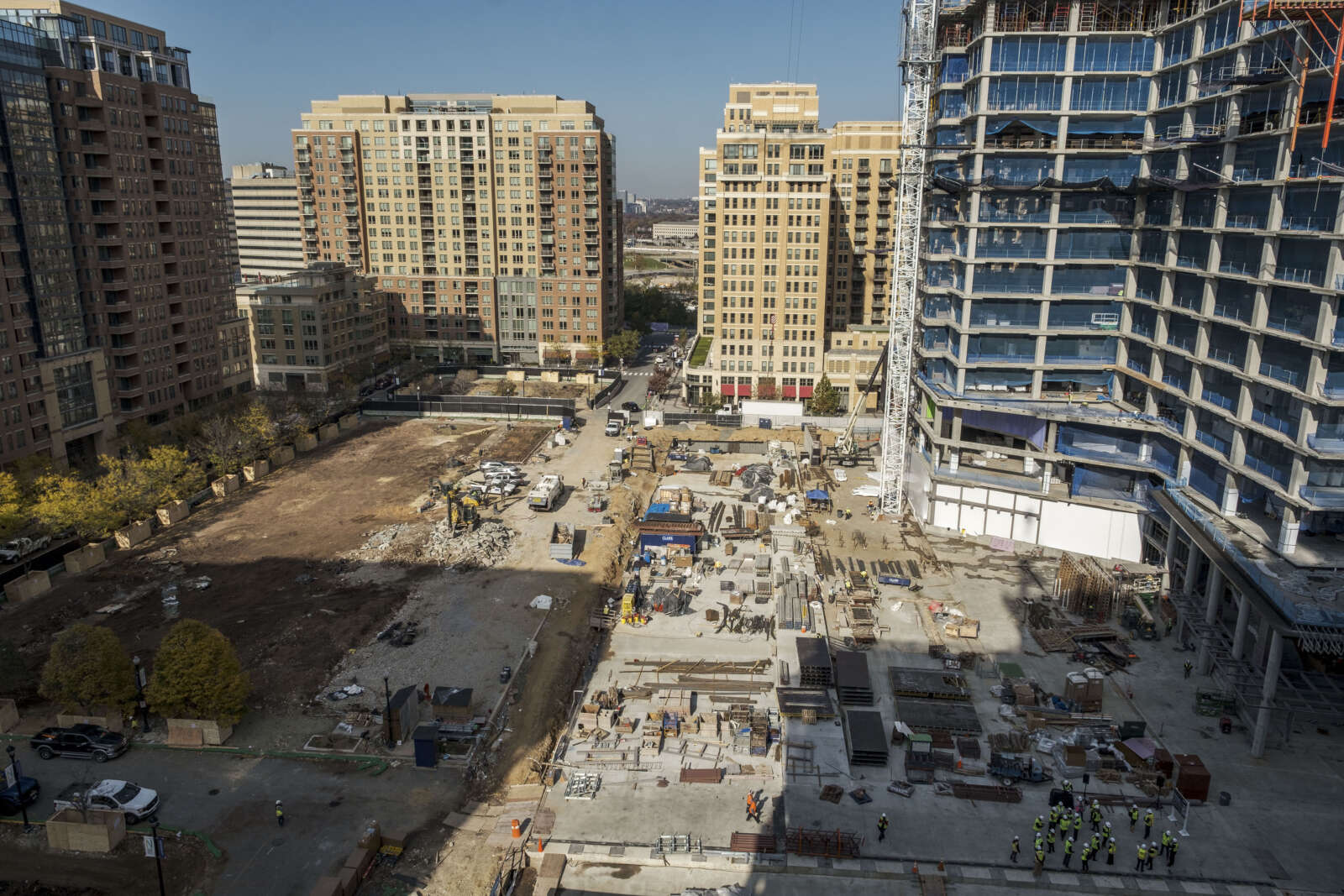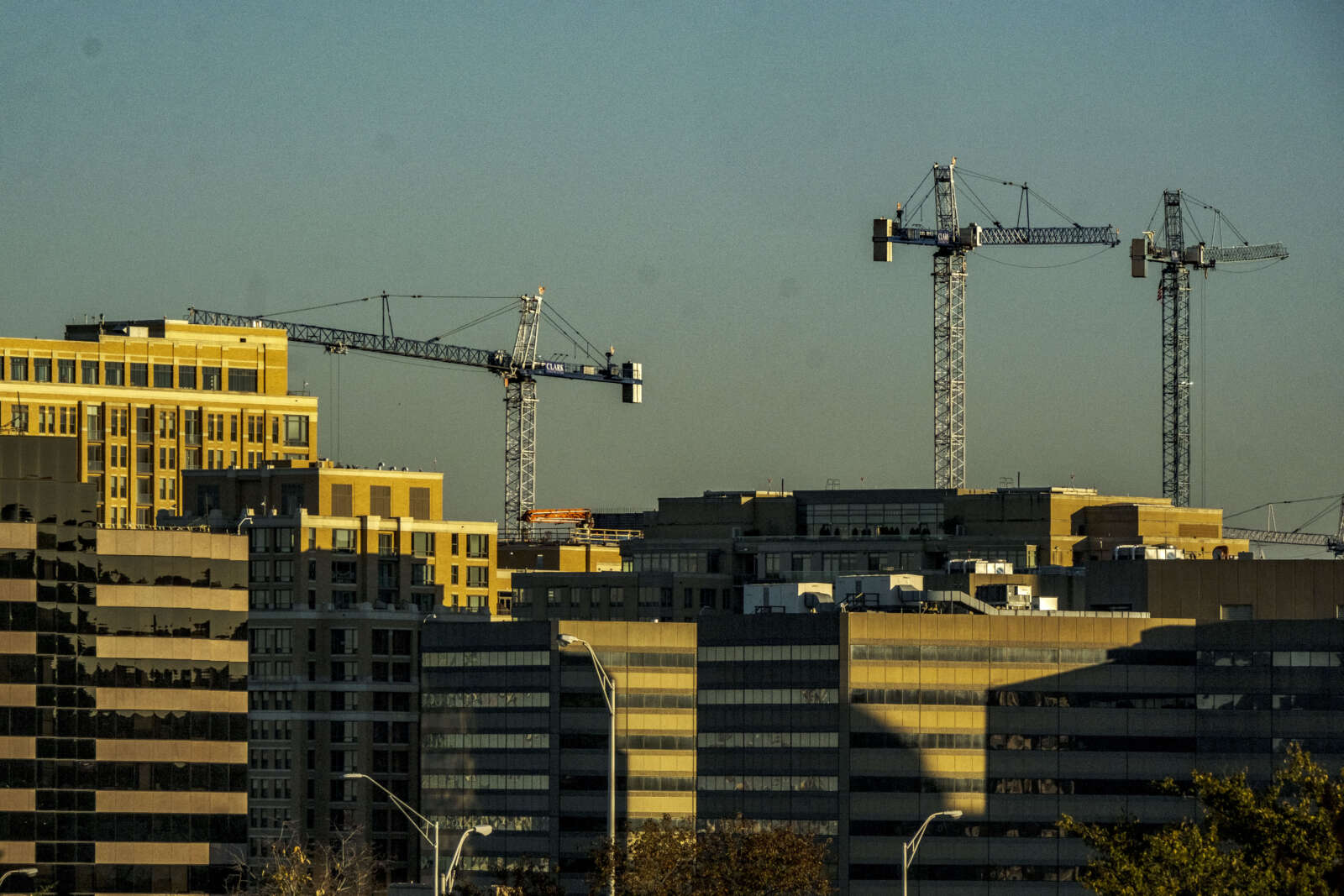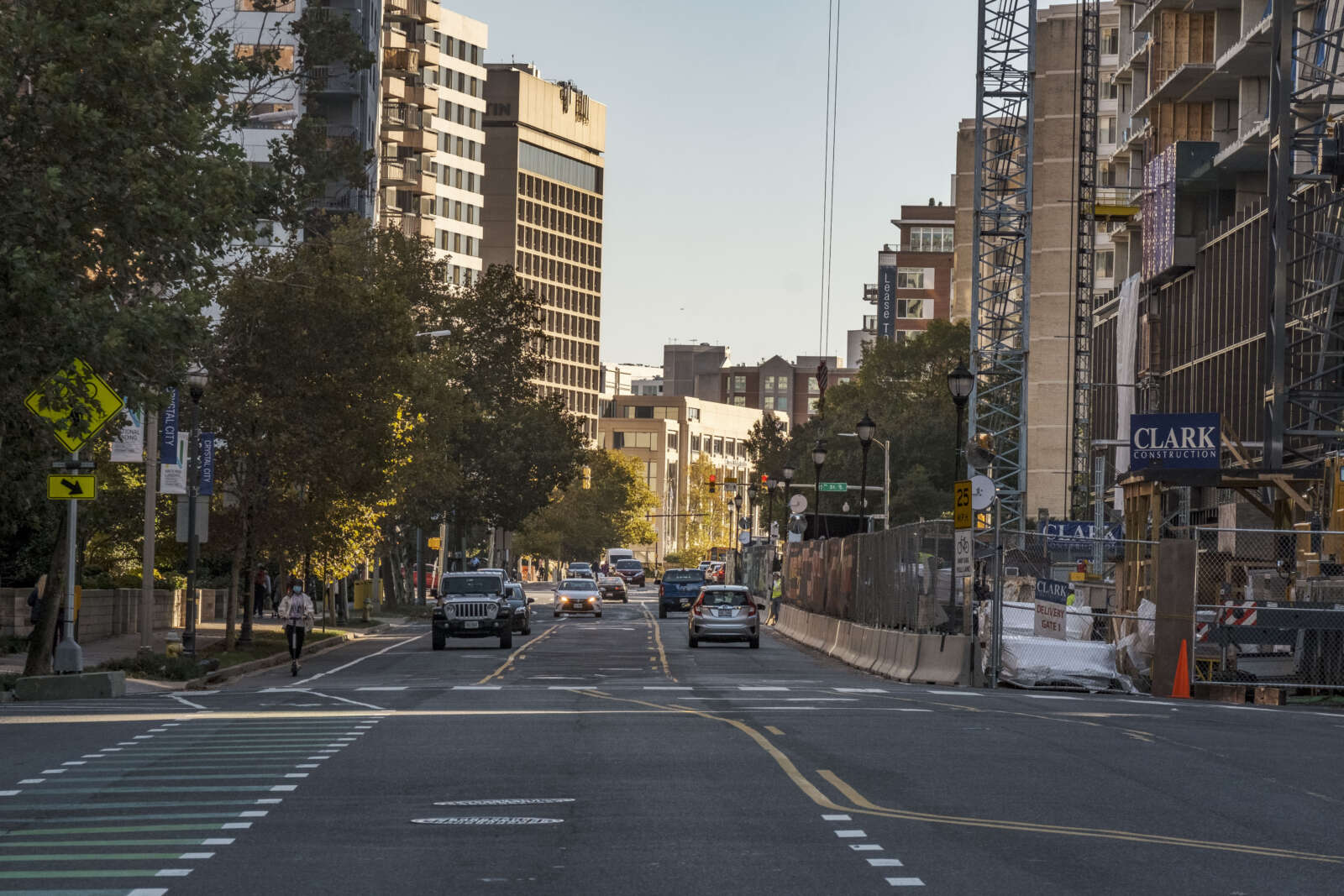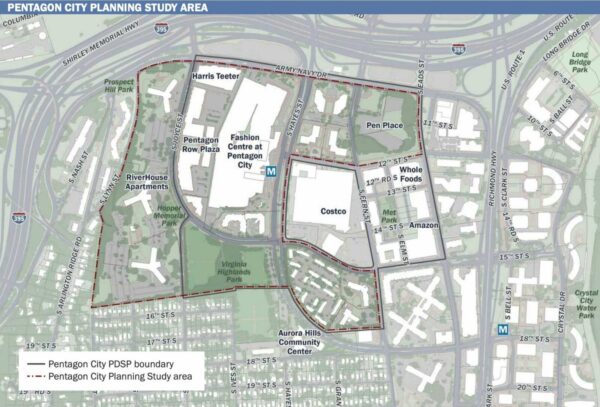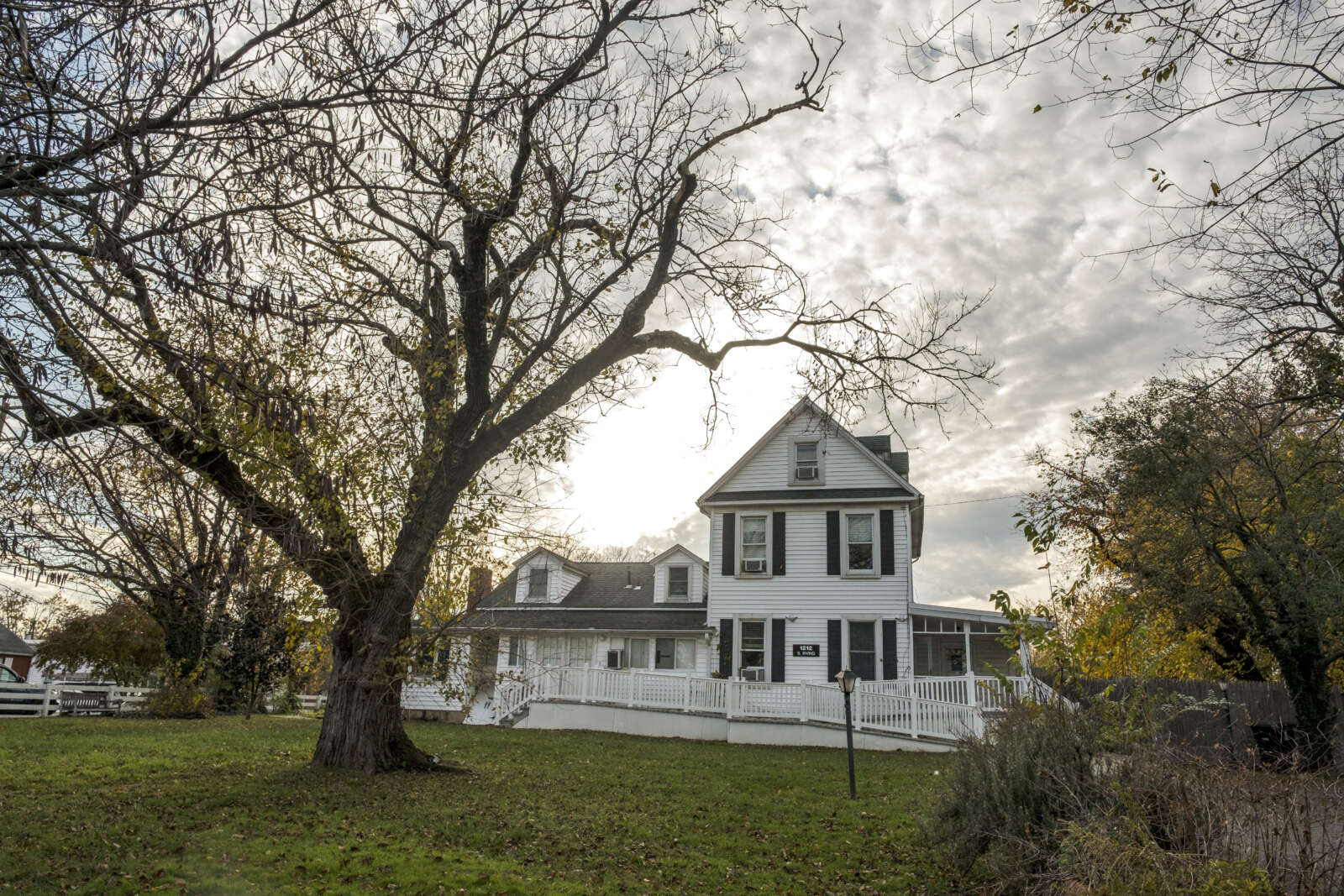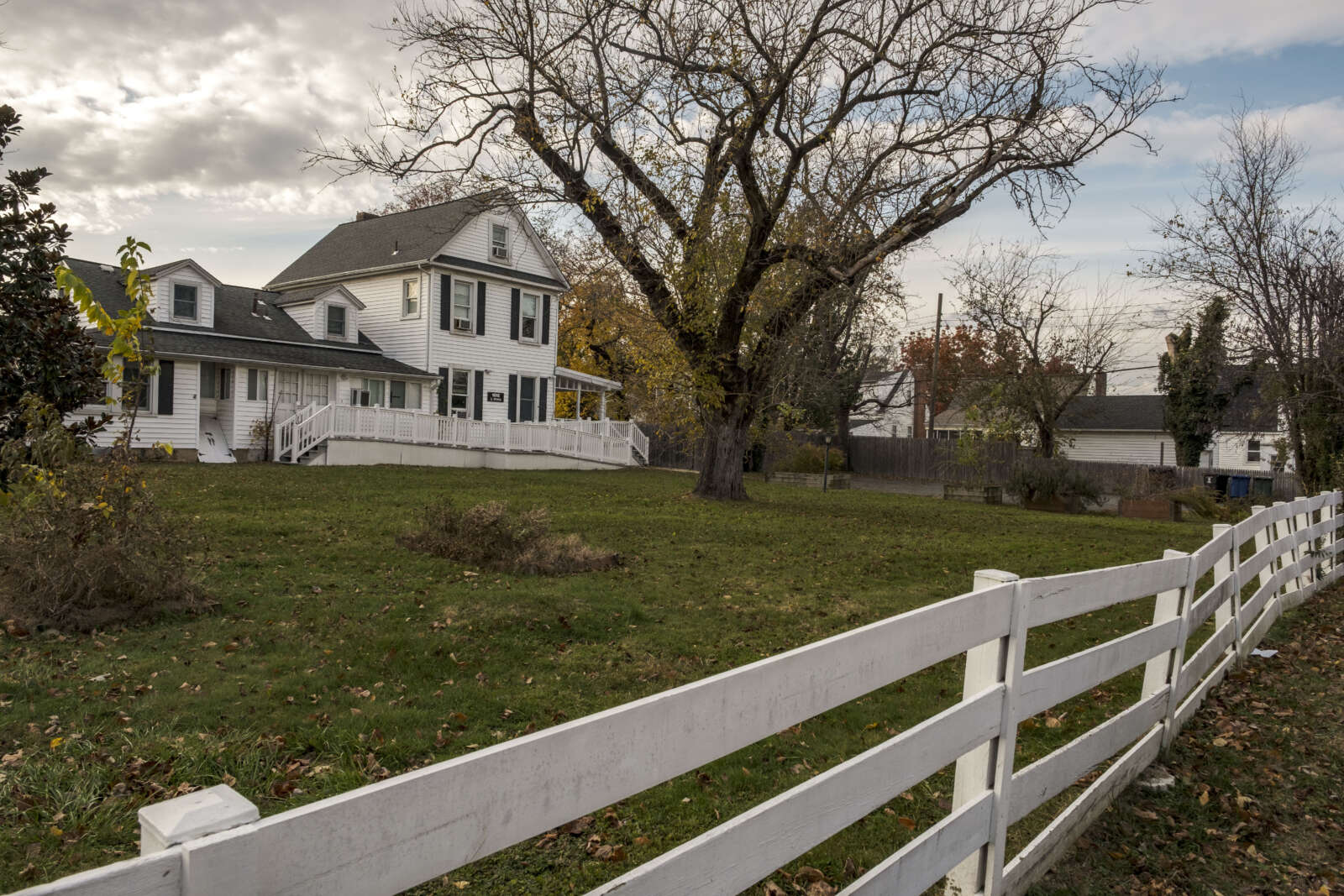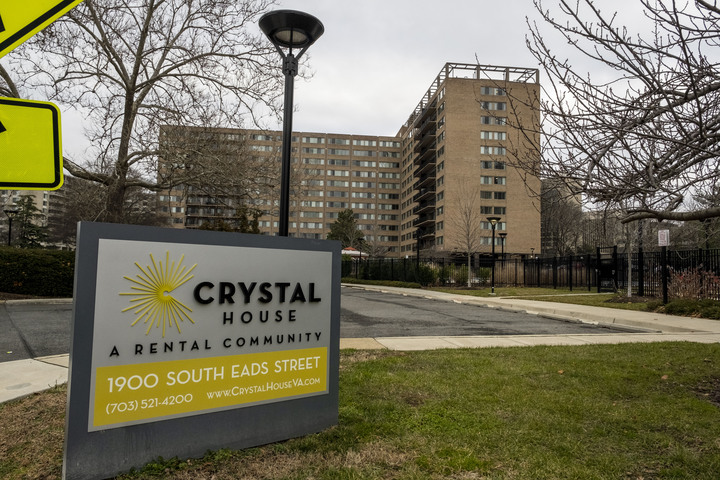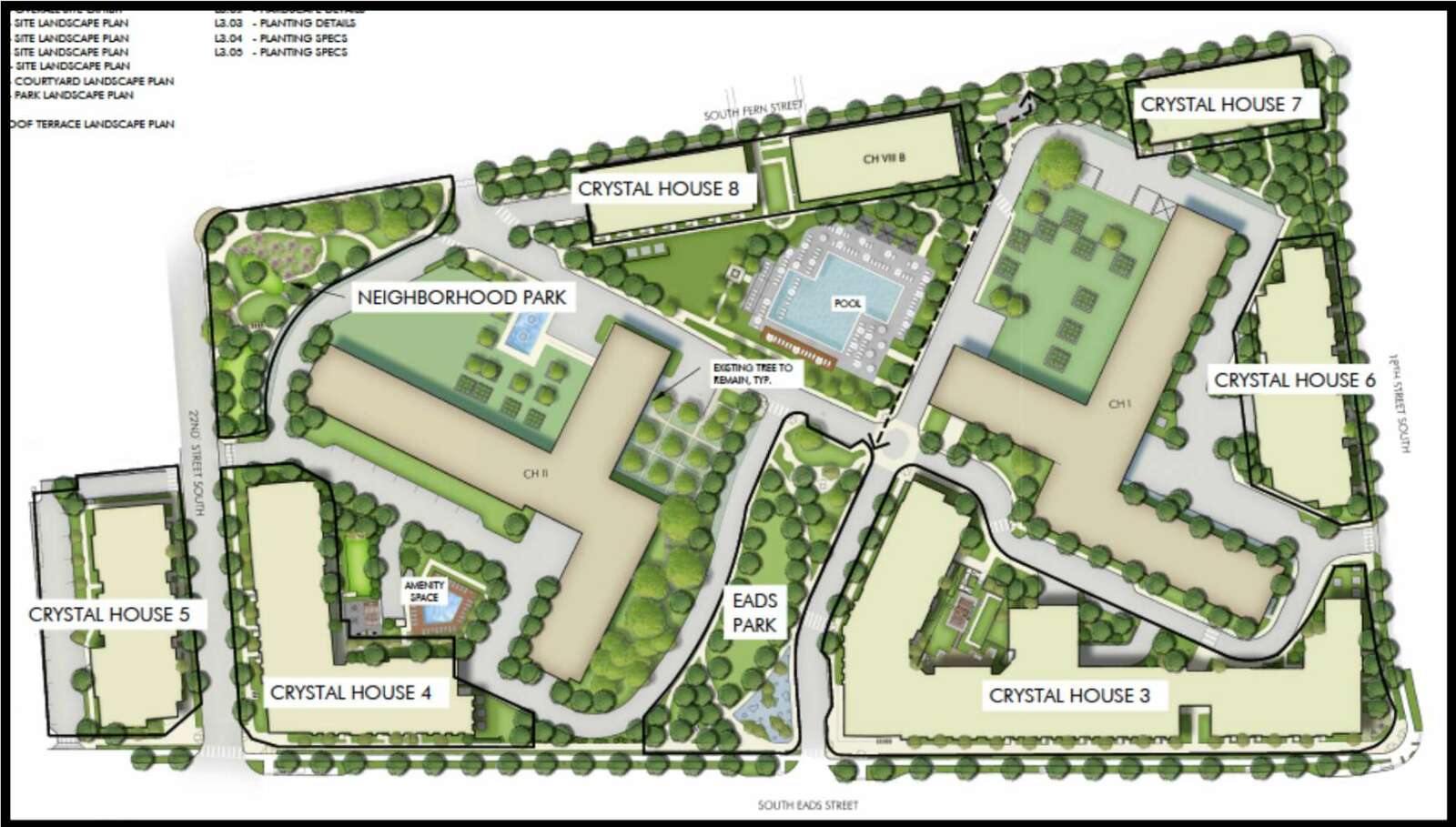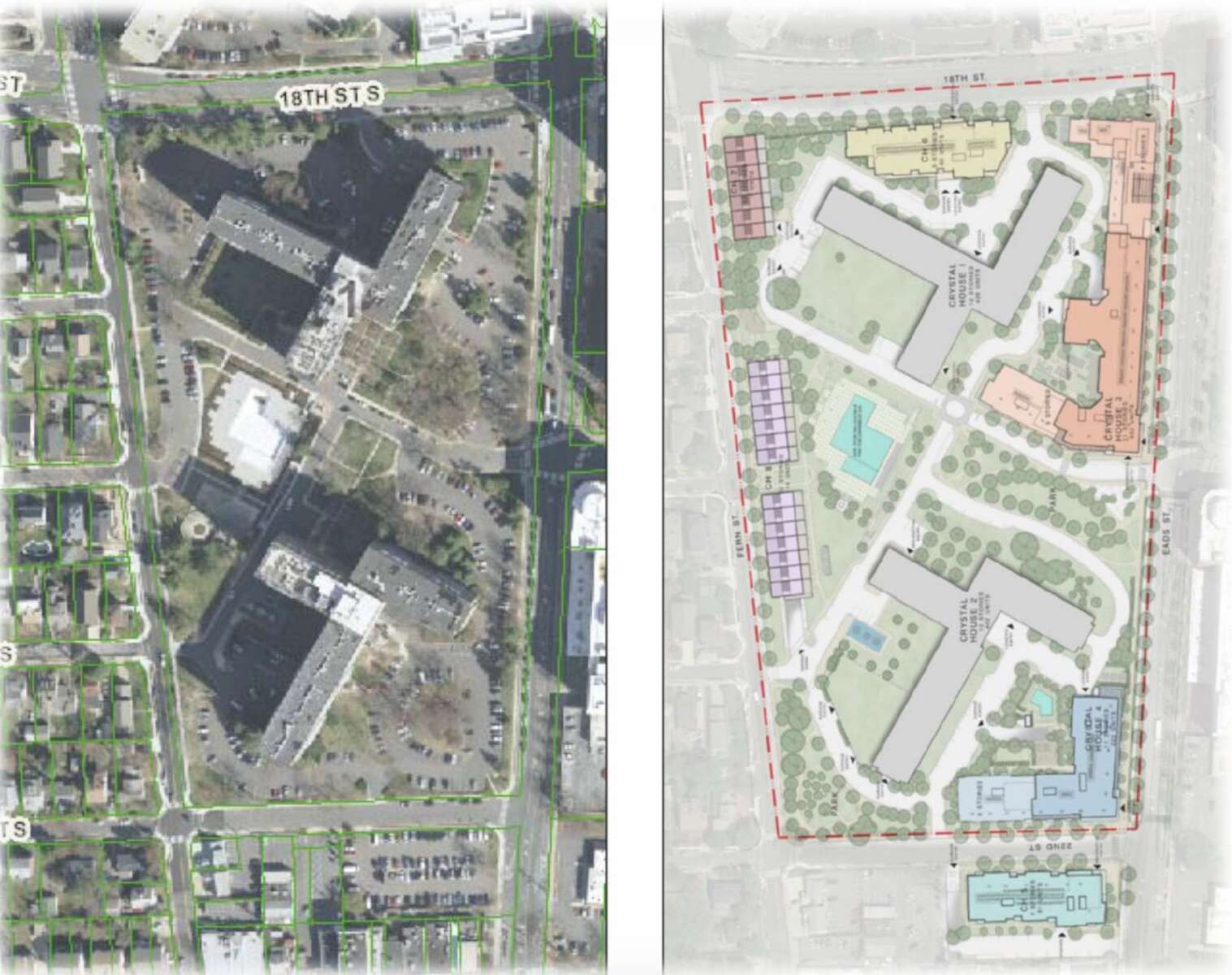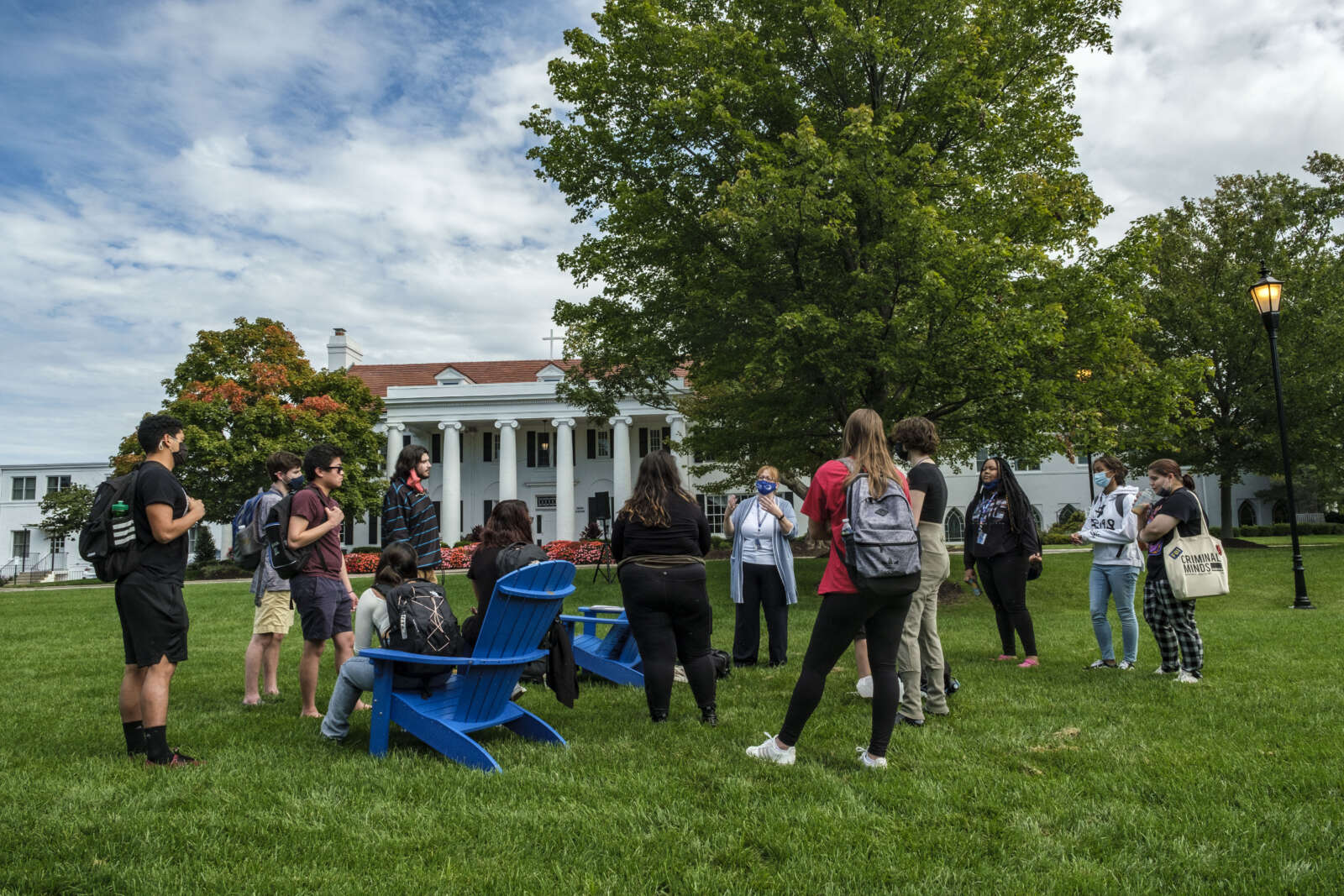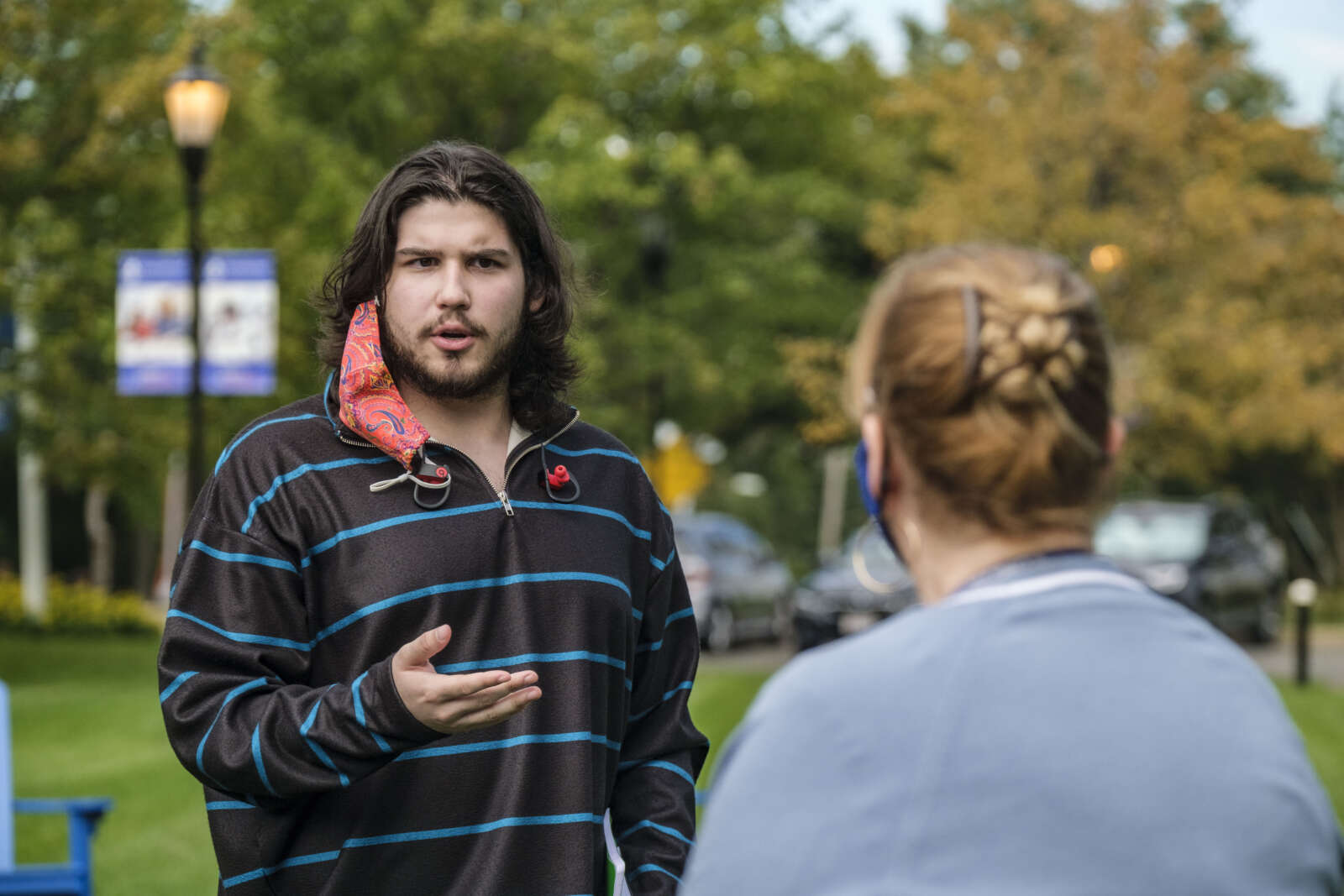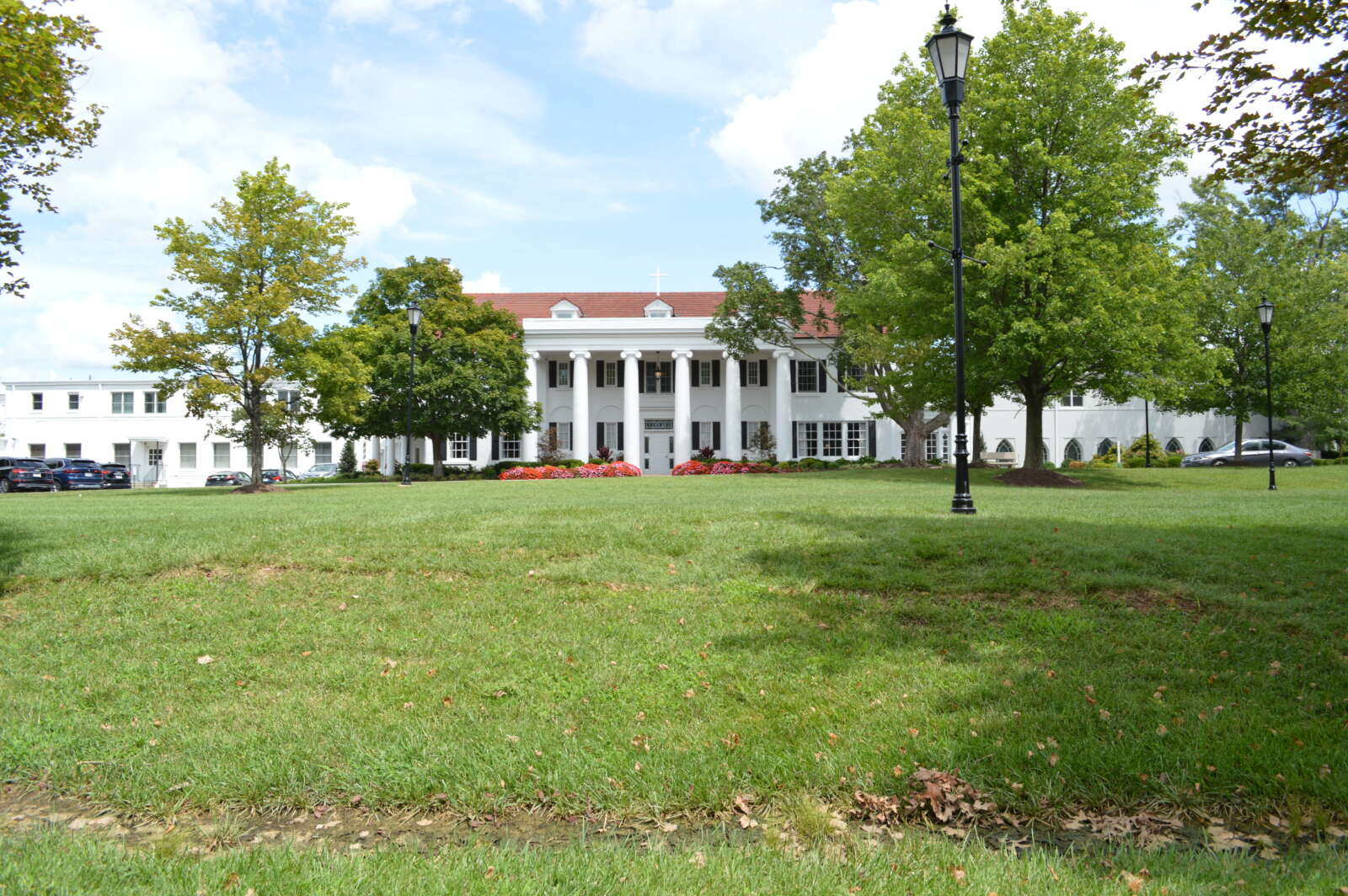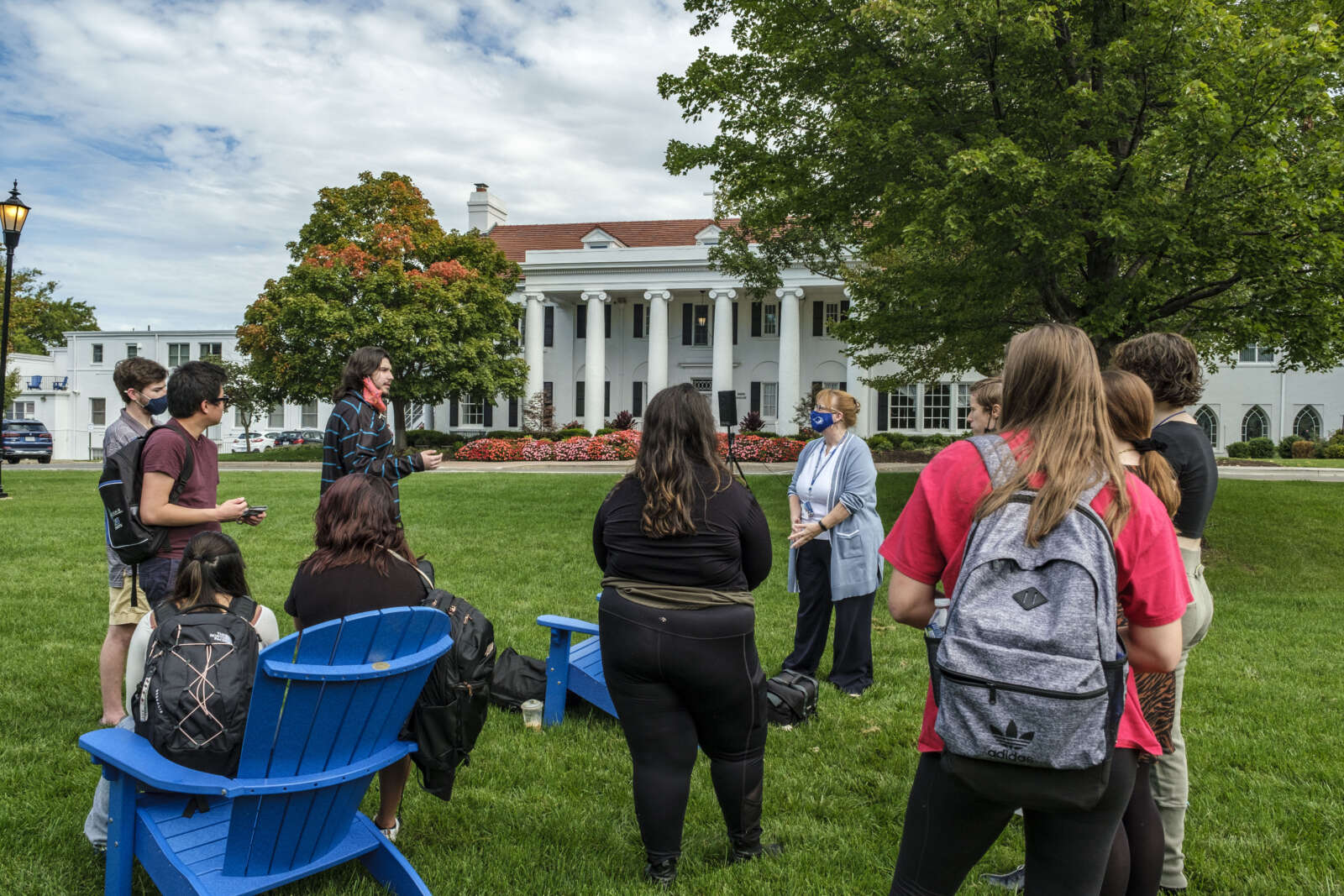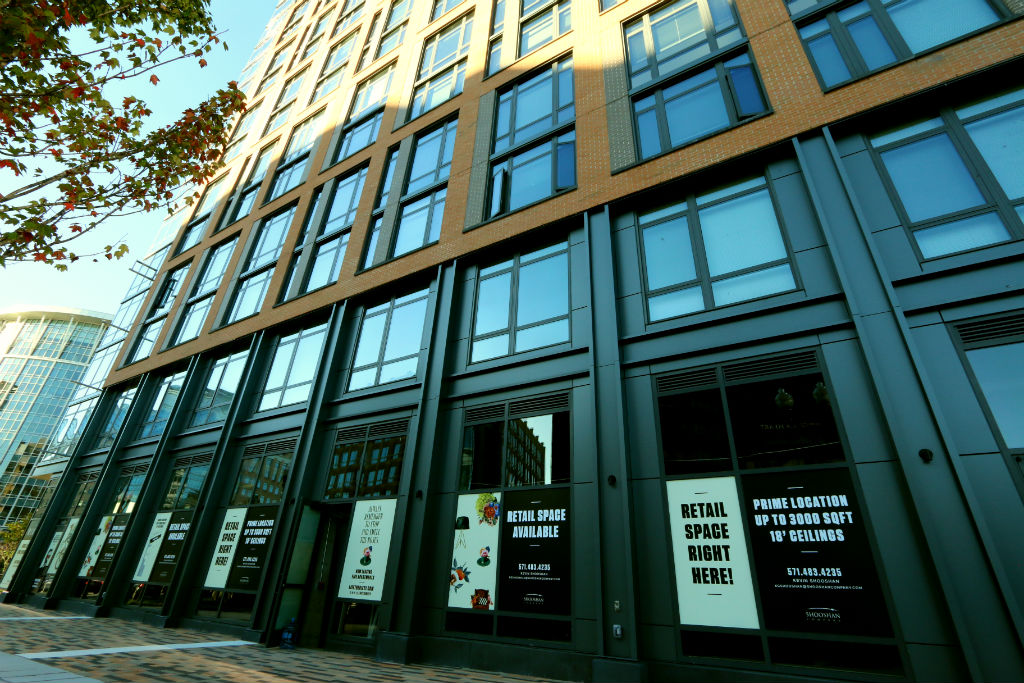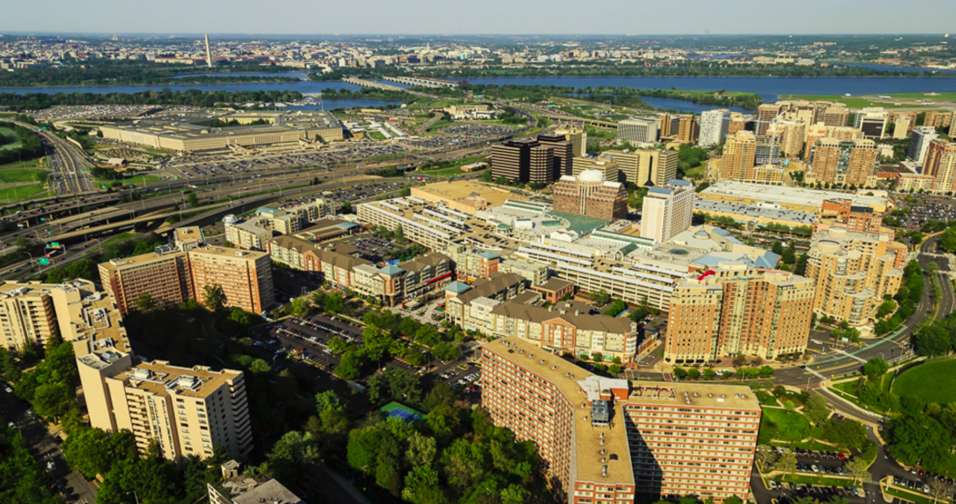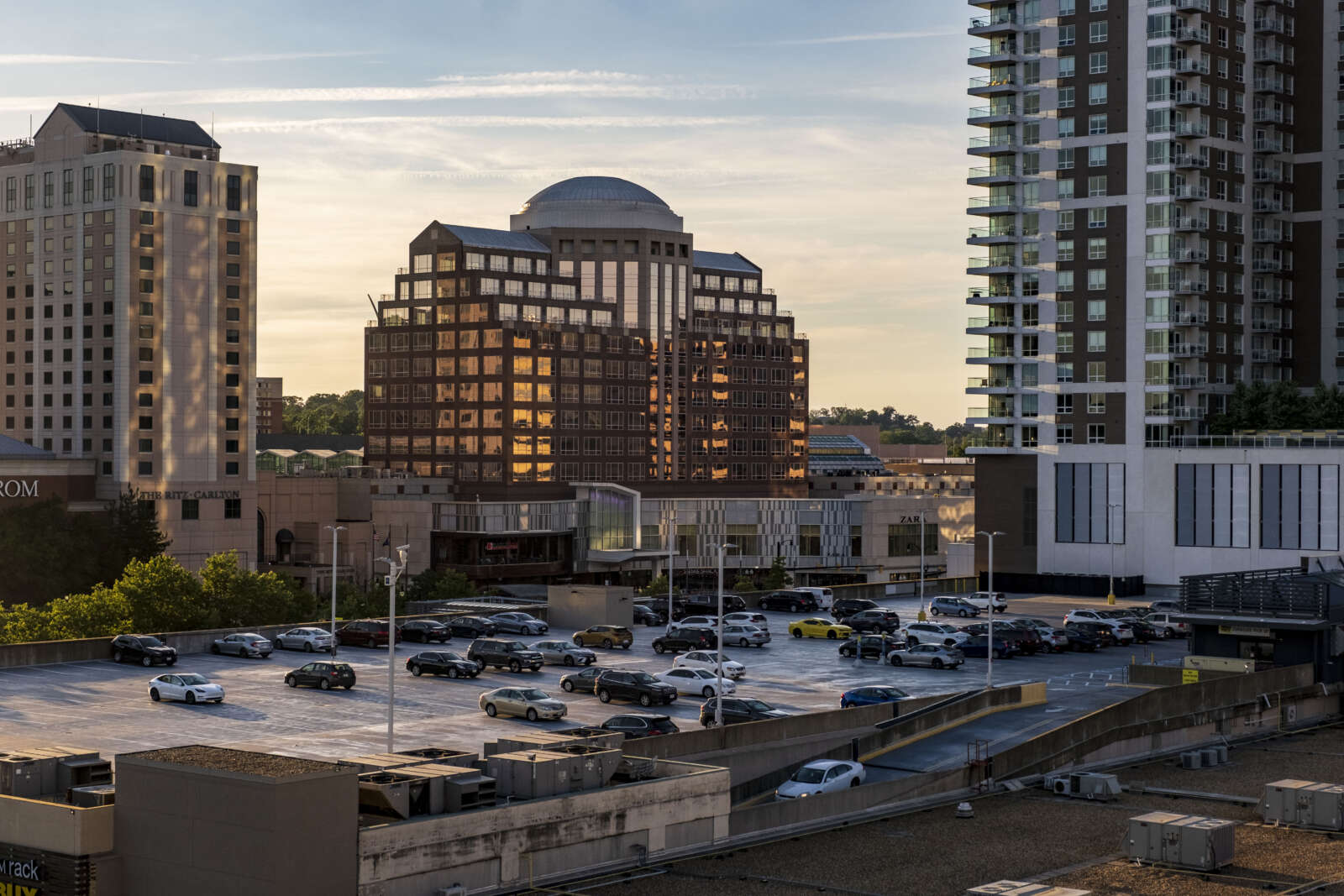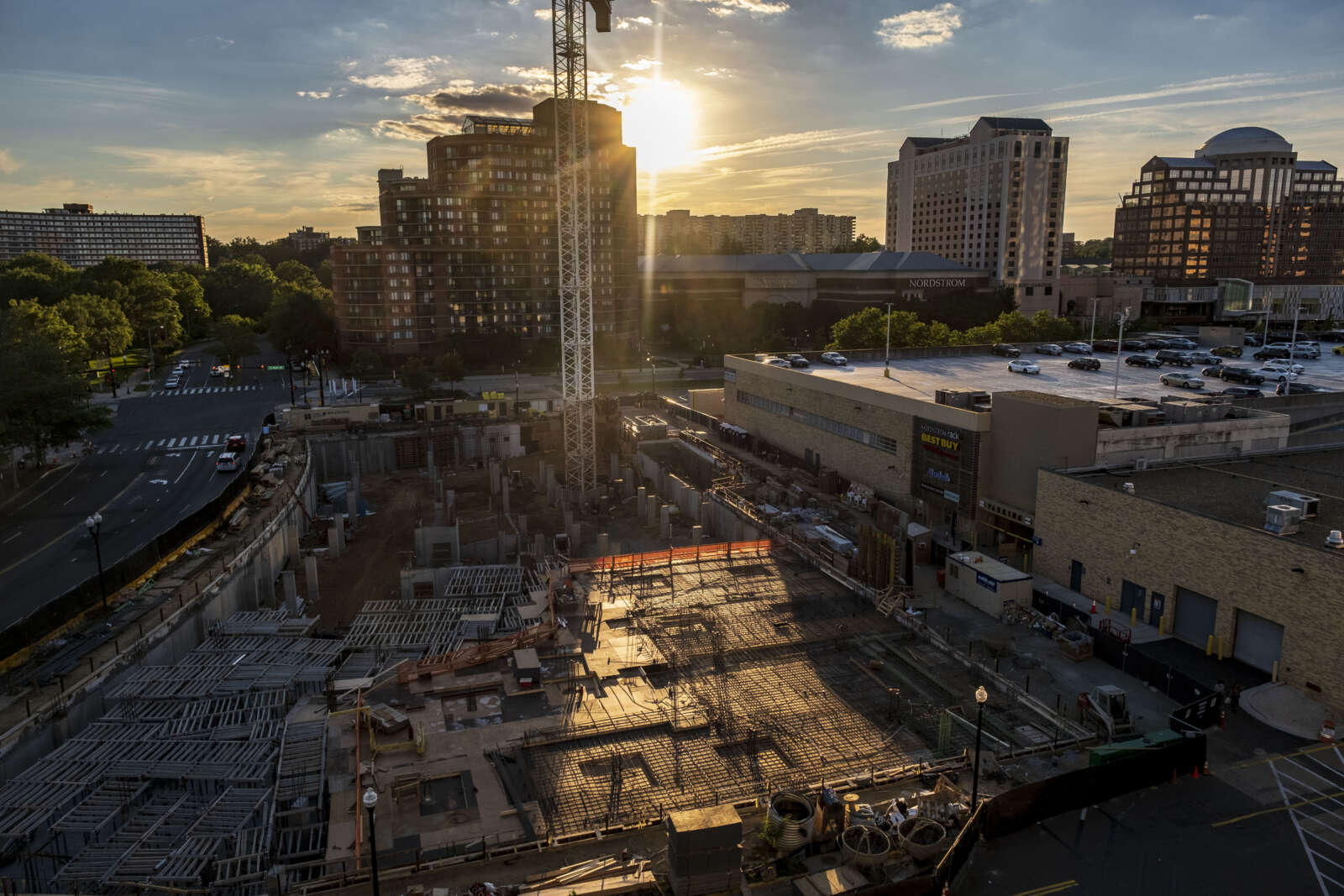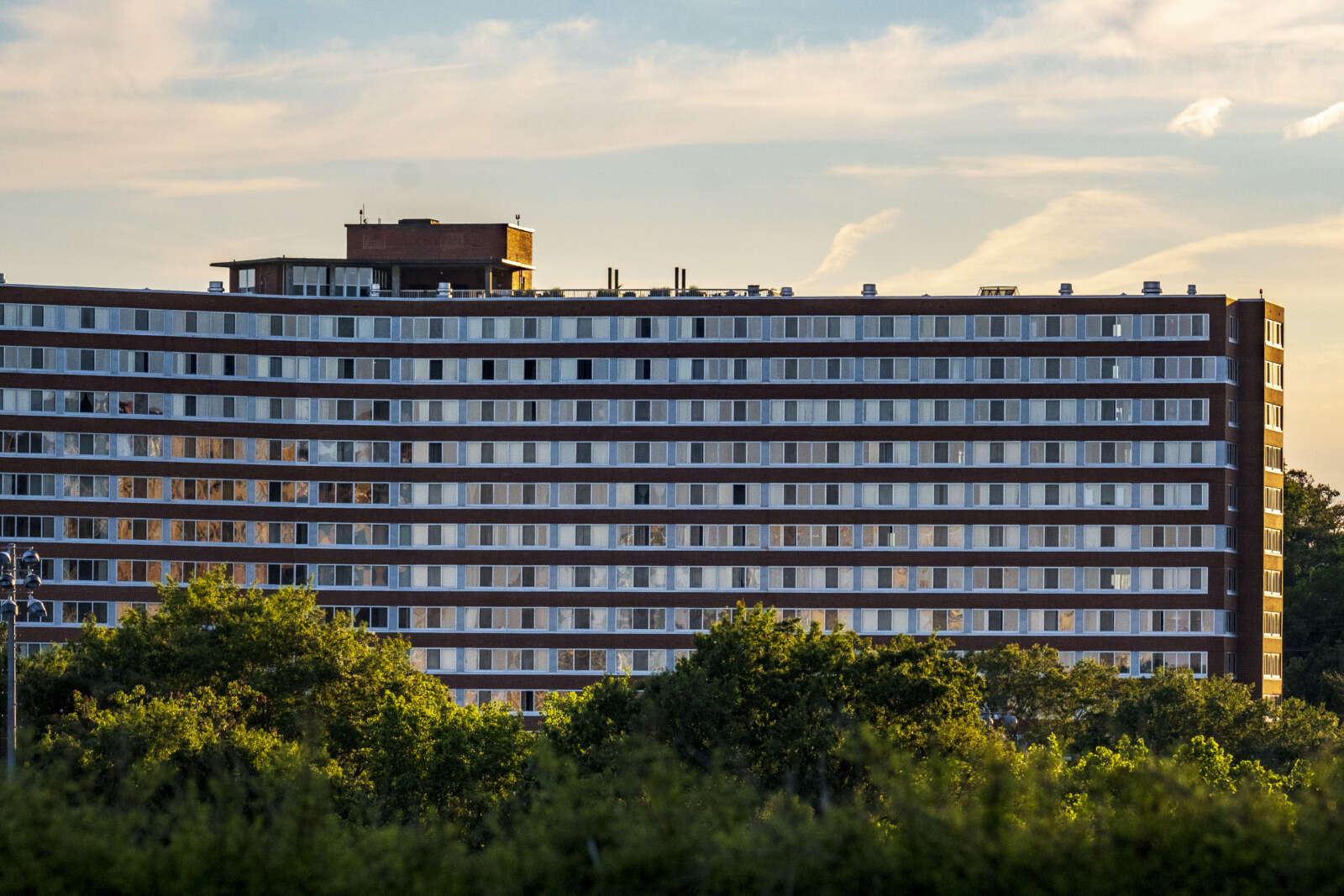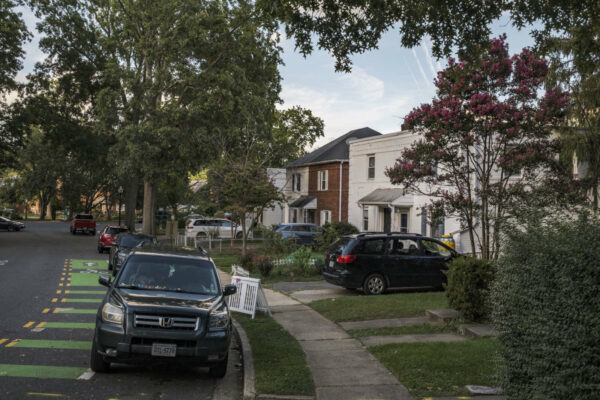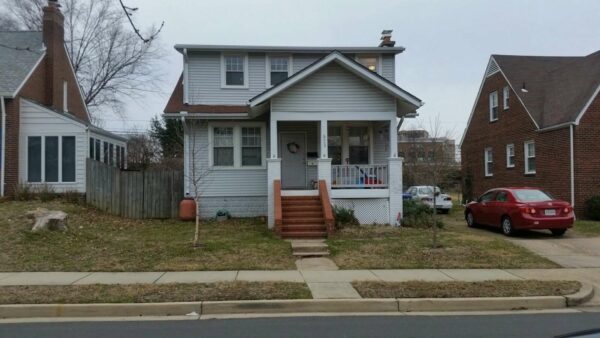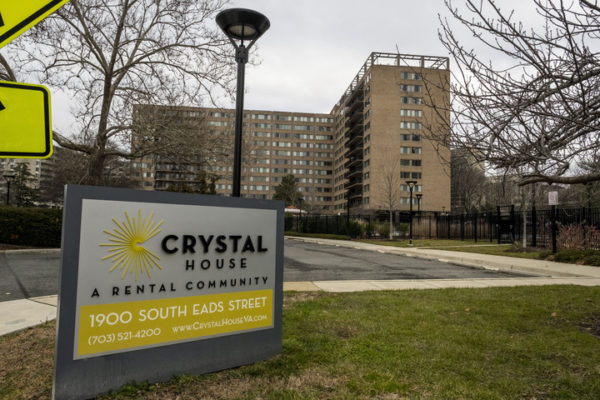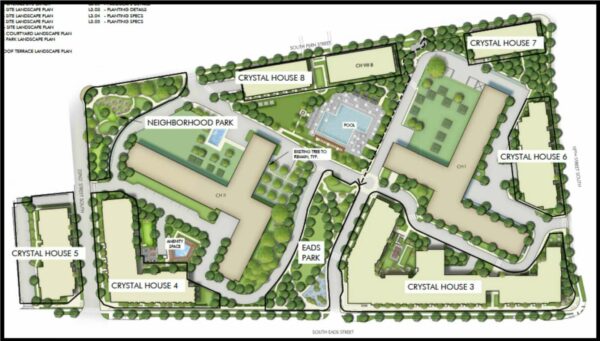(Updated at 5:10 p.m.) On N. Kirkwood Road, amid a sea of brick homes, a sleek, modern house in black and white with pink trim stands out from the pack.
Designed by local architect Paola Lugli, of PLDESIGNSTUDIO, “Black & White House with a Touch of Pink” is one of the residences recognized in the 2021 DESIGNArlington awards along with other homes, community facilities and affordable housing communities.
Released yesterday (Tuesday), the biennial, county-sponsored awards honored 13 projects that demonstrate an excellence in architectural and landscape design and public art, while meeting Arlington priorities such as sustainability and accessibility.
A group of five architects, planners and art curators examined 24 entries and granted awards to the following projects. One of the top awards went to the county’s own project: the new Long Bridge aquatics center.
The county also awarded the “North Adams House,” which is the same house that was embroiled in a dispute over “scat mats” owner Eric Wang put up to deter dogs from peeing on his prized bushes. The invective from neighbors, leveled via Nextdoor, extended to commentary about his custom-built home, described as an “eyesore,” “heinous” and “ugly as sin.”
The county, meanwhile, praised the architectural variety of his home and its “open, light-filled spaces that interact with the surrounding garden.”
Excellence Awards
Long Bridge Aquatics and Fitness Center, designed by Page Southerland Page, Inc, Rhodeside & Harwell
Ballston Pedestrian Bridge, designed by StudioTECHNE Architects, Pellar & Associates
Merit Awards
The Aubrey, designed by STUDIOS Architecture, Lee & Associates
Dorothy Hamm Middle School, designed by Quinn Evans, Main Street Design
Yo-Yo House, designed by Sagatov Design + Build
Black & White House with a Touch of Pink, designed by Paola Lugli, PLDESIGNSTUDIO
North Adams House, designed by Robert M. Gurney, FAIA
Honorable Mention Awards
Queens Court, by KGD Architecture, LSG Landscape Architecture
Apex Apartments, by MTFA Architecture, Walter L. Phillips, Inc.
An accessory dwelling unit, designed by Measure Architects
“Watermarks,” by Julie Bargmann of D.I.R.T. Studio
Terraces at Ballston Quarter, by Landscape Architecture Bureau (LAB) and CallisonRTKL
Stephanson Residence, by DW Ricks Architects + Associates


